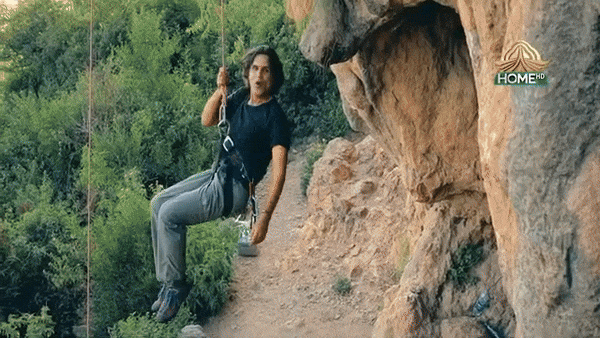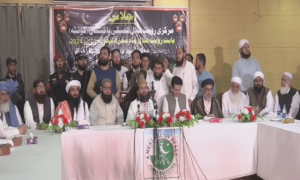KARAPINAR: Every time Turkish farmer Fatih Sik drives his tractor across his cornfields he knows the earth could open up and swallow him at any moment.
Two giant sinkholes have already appeared on his land in Konya, a vast agricultural province known as Turkiye’s breadbasket. “Anywhere could sink, I keep thinking. And I know I’d be dead at the bottom,” the 45-year-old farmer from Karapinar said.
“But I have to work otherwise my family will starve.” This part of central Anatolia has had sinkholes for centuries. But their numbers have risen in recent years as increasing droughts has led to the overuse of wells for irrigation, experts say.
Many are dizzyingly deep — plunging up to 50 metres (165 feet). Invisible from a distance, you can suddenly come upon them in the large fields of corn, beetroot, wheat and clover that dot the Konya plain.
“One of the major factors with sinkholes is climate change,” says Arif Delikan, an associate professor of Konya Technical University, who has counted 640 sinkholes in Konya — with more than 600 of them in Karapinar alone.
“Around 20 holes have emerged over the past year in Karapinar,” he said, using a hammer to test the ground around the edge of one. He and the government’s AFAD disaster agency has identified more than 2,700 surface deformations and non-seismic fractures which indicate a sinkhole risk and need to be investigated.
Sinkholes occur where water dissolves the bedrock below the surface, causing it to cave in. They can form naturally or through “anthropogenic” causes, due to the direct or indirect action of people.
Published in Dawn, July 3rd, 2024














































Dear visitor, the comments section is undergoing an overhaul and will return soon.